Hoteliers of Tatarstan: ‘When it is already difficult, it is not entirely humane to add the burden of a tourism tax’
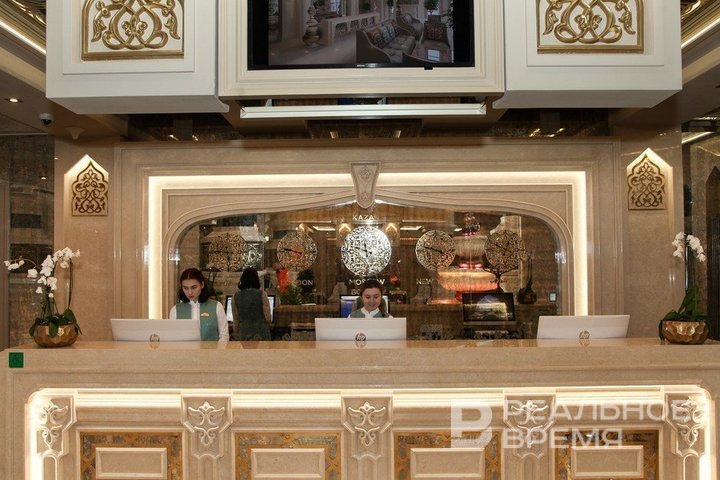
Hoteliers of Tatarstan have reported on the collection of the tourism tax and have made payments for the first quarter of the year. “For the most part, the issues arose in the area of calculation, as the declaration has been submitted for the first time," the Kazan Hotels Association told Realnoe Vremya. Since January 2025, the tax has been levied at the rate of 1% of the accommodation cost in hotels, with a minimum amount of 100 rubles per day. However, taking into account the number of guests staying in a room, the actual figure comes out to about 2%, industry representatives note. How the republic’s hotel industry has adapted to the new tax and what challenges it has faced — read the details in the report.
“It is difficult to assess the situation as a whole right now”
The tourism tax must be paid by companies and individual entrepreneurs who provide accommodation services in hotels, holiday resorts, and sanatoriums. According to the registry maintained by Rosakkreditatsiya, at the beginning of the year, more than 24,500 such establishments were registered across Russia. In Kazan, there are 233 accommodation facilities with 8,212 rooms (17,217 beds) currently in operation. This year, three new hotels are going to open in the republic’s capital: Millennium Panorama (4* and 5* categories) and Munib Hotel (4*). Taking them into account, the city’s room capacity is going to increase by 521 rooms (1,042 beds).
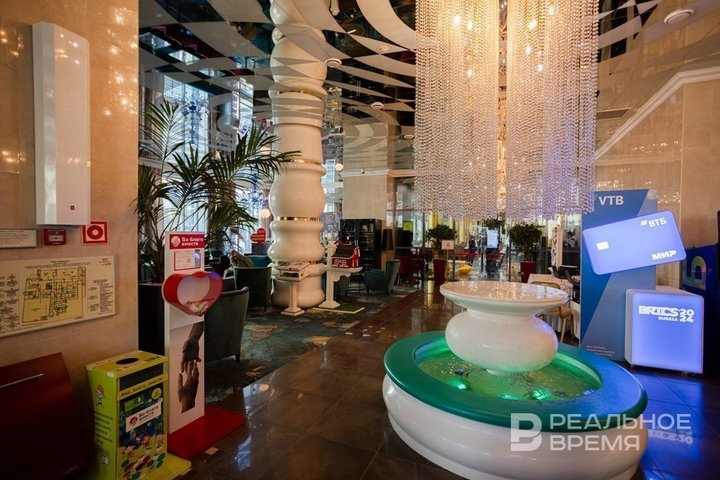
Since January of this year, the tourism tax has been introduced in six cities of the republic: Kazan, Bolgar, Aznakaevo, Mendeleevsk, Chistopol, Zelenodolsk, as well as in certain settlements of the Spassky, Mendeleevsky, and Zelenodolsky districts, and all settlements of the Chistopolsky district. However, some of them later decided to abandon the tax. For example, in Chistopol, where hotel owners rebelled against the levy. Several other municipalities followed this example, while hotels in Kazan have already submitted their first tax declarations and paid the tourism tax for the first quarter of the year.

“For us, even 1% is significant”
The tourism tax is often confused with the resort fee, but these are different charges. Essentially, starting from 2025, the tourism tax replaced the resort fee, under which each guest paid a small fixed amount for each day of their stay in the city. Tourists paid the fee upon check-in, and hotel staff were required to maintain detailed records. This, in turn, created an additional burden on businesses. The resort fee experiment was deemed unsuccessful and was not extended.
The tourism tax rate in 2025 is set at no more than 1% of the accommodation cost, but not less than 100 rubles per day. For example, if the cost of a hotel stay is 7,000 rubles per night, the tourism tax is calculated as 1% of that amount — which equals 70 rubles per day. However, in practice, one will have to pay more — 100 rubles for each day of stay, as this is the established minimum tax amount.
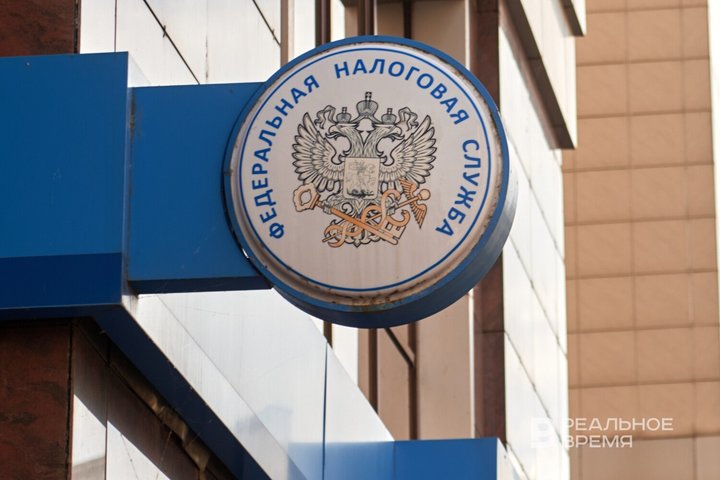
As Inga Gadzaova admitted, even 1% represents a significant financial burden for hoteliers: “100 rubles per day may seem like a small amount, but we understand that there are hotels with a lower star rating, where the cost of accommodation is, for example, far from 10,000 rubles per night per room. This also includes hostels, which under the new classification regulations are referred to as non-starred hotels. In such cases, the cost of a room or a bed may be 1,000 rubles or even 700. But they still have to pay 100 rubles.” According to her, this is further compounded by periods of low occupancy, when hotels have no income.
“Out of that 1,000 rubles, you pay salaries, utilities, and so on. We are not exempt from any obligations. Even during the low season, we still maintain our staff, the building, the room stock, and everything else. We bear expenses and understand that this is a colossal financial burden for accommodation facilities. And we must also take into account the fact that until 2030, the percentage of the tourism tax will increase every year. That is, next year the tax will no longer be 1%, but 2%, and it will continue to rise annually — up to 5%!”
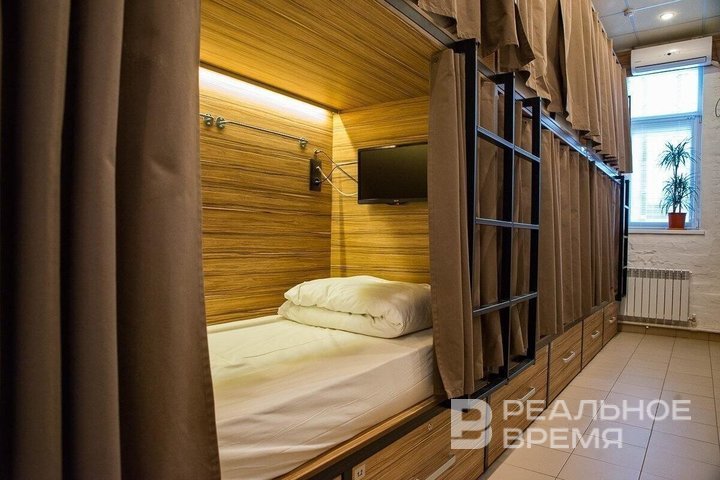
“Conditions are quite strict”
For this reason, the Kazan Hotels Association plans to put forward an initiative to ease the financial burden on the city’s hotel sector, but the draft document has not yet been developed. “It is difficult to judge this at the moment, and we need to understand whether the region has the ability to influence certain aspects at the legislative level. We must proceed from this,” Inga Gadzaova said, reminding that several municipalities have succeeded in abandoning the tourism tax.
“On the one hand, we fully understand that the main flow of tourists still falls on Kazan. The tax was introduced precisely to develop the tourist infrastructure, and undoubtedly, Kazan needs development to attract a greater number of visitors. This is done for the greater good, and the main thing is that it gets done. The idea is sound, but the conditions are quite strict. On the other hand, compared to other districts in the republic, there is a certain unfairness towards Kazan, considering the grey market that exists in the capital. However, this is not the fault of our municipality. This issue needs to be addressed at the federal level,” the speaker said confidently.
Market participants consider it unfair that the tourism tax is levied only on official accommodation facilities. Owners of rental apartments, whose popularity is increasing year by year, remain outside the scope of the levy. “The grey market for apartments and serviced apartments is, unfortunately, actively growing, yet the issue has not been resolved at the legislative level. It is neither controlled, regulated, nor monitored. And this is a major problem,” the head of the association lamented.
The main purpose of the tax is to finance projects related to the improvement of tourist infrastructure, environmental protection, and the beautification of the region. In other words, the funds collected are meant to be invested in the development of areas to attract tourists. “We know that the money obtained from the tourism tax should go towards tourism-related infrastructure. However, we cannot monitor this process. We would also very much like to take part in it, to be part of the commission that decides where the funds will go. But, unfortunately, we are not invited,” the hoteliers complain.
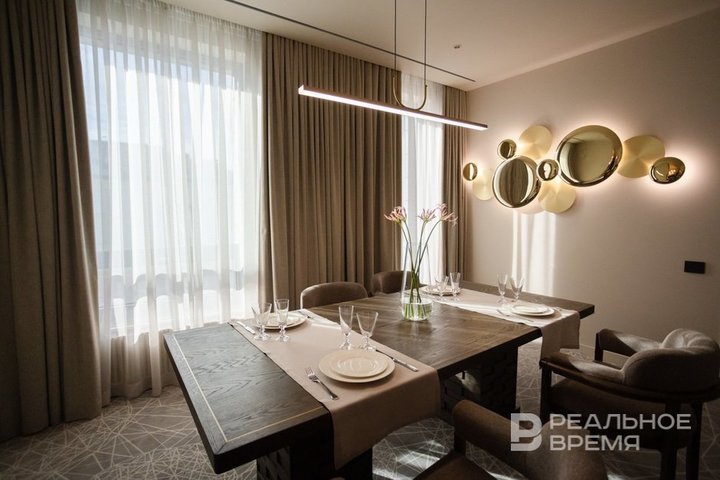
“All hotels have gone into the red, and now there is the tourism tax on top of that”
Tatyana Ilchenko, the director of Zorge Hospitality management company, which manages three hotels in Kazan — Ramada, Osobnyak na Teatralnoy, and Olimp— believes that the tourism tax was introduced untimely.
“We submitted our reports on the tourism tax on time and paid everything for the first quarter. However, throughout the month, we received calls from tax inspectors who themselves do not understand how everything was calculated and do not understand the algorithm. The thing is, there are many nuances. For example, if there are 2, 3, or 4 people staying in a room, payment must be made for each person, and as a result, in a three-star hotel, the tourism tax actually comes to not 1%, but 2%,” the company director explained.
This does not affect tourists directly, as the tourism tax is paid by the hotel. For example, if a room costs 5,000 rubles, the guest is not charged 5,100 rubles; they pay the same 5,000, but the hotel will pay the tourism tax on this amount. Ilchenko considers the tax calculation to be a very unclear and complex system. According to her, hoteliers understand the necessity of the levies but always emphasise that everything needs to be done on time, which did not happen this year.
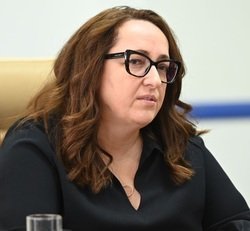
According to hoteliers, resolving the difficulties with the tourism tax would be aided by creating an events calendar, distributing major events evenly throughout the year. As Inga Gadzaova explained, last year was rich in numerous events; unfortunately, this year is different: “We all understand what a low season is. But last year, the low season became a high season. Naturally, we would like this to be the case every year. To achieve this, something needs to be done with the events calendar, and we are having discussions with the authorities about it.”
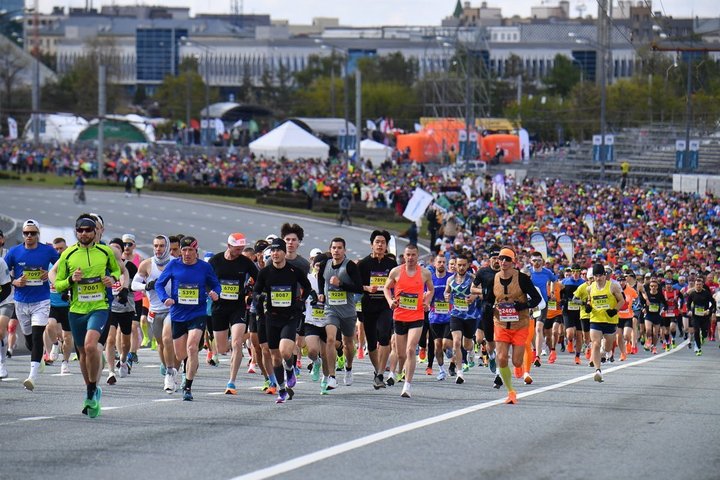
“Events need to be distributed evenly, correctly, and thoughtfully. Take the May Day holidays, for example. It is logical to expect a fairly large influx of guests during this period. Here we have the Kazan Marathon. It would be beneficial to spread out dates with high tourist numbers. This leads to a shortage of available rooms. Some visitors come for excursions during the holidays to see our city, while others come for the marathon. This creates such an intense flow that a shortage of rooms arises. The shortage occurs only when demand is high, and only during this period. At regular times, there is no such problem,” the speaker concluded.
Tatarstan
